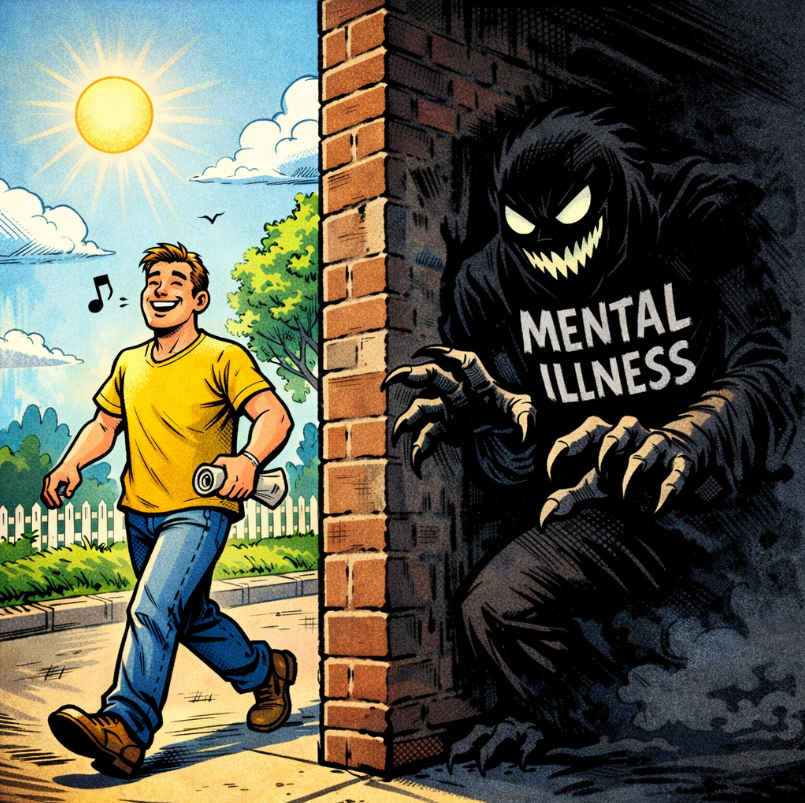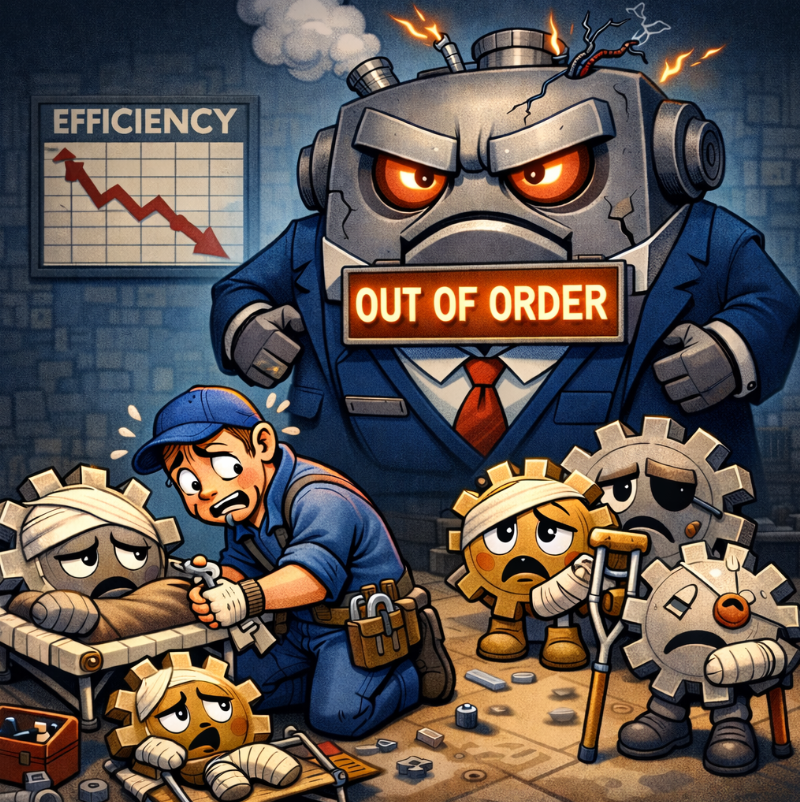Ruled By Rules: How Good-Enough Guidelines Can Set Us Up For Painful Failure
/Rules are important. They can be helpful. Define boundaries. Create order. All the good stuff we complained about as children and eventually learned (somewhat) to appreciate once we got older.
But some rules can set us up to fail.
I used to have lots of rules. About when I got up. What I ate. What I wouldn't eat. How often I went running. I thought they helped me. And they did in some ways. But they also brought pain.
Rules can be an antidote to anxiety because they bring certainty. Predictability. But they can also make things rigid. Health-wise, it was great for me to have the rule "I only eat food without processed sugar and low in carbs". But not so great when going out to dinner.
"That's right. Chicken Cesar salad. Nope, no sauce or dressing at all.
"No. No potatoes either"
I felt good when it worked out. But increasingly I'd find myself stressed and frustrated when hunger struck away from home. Or consumed with planning the best way to transport, store, and reheat a set of pre-cooked tupperware meals for a stay-over house party. (Not even joking).
At the time, that rule seemed helpful to me. And it's because it was incomplete.
It wasn't just "I only eat X food". It was actually "I only eat X food because THEN I'll feel better about myself". Which, on the surface might seem a good thing. But there's more missing. It's what the rule protected me from.
The consequence of not meeting it.
"If I don't only eat X food, it means I've failed myself. And that means I'm not good enough".
It's an example of an 'acceptable if'. I'm only acceptable if do this. Or if I don’t do that. That was the real underlying rule. And the mind can keep us so busy navigating the do's and don'ts that the problem it's trying to solve slips us by.
Rules are best when they're personal intentions and guidelines to help us be more of the person we really want to be. As opposed to a yard-stick to beat ourselves over the head with when we miss the mark.
A good way to begin discerning the difference can be by asking a question:
"And what does it mean if I don’t?"
(Struggling with how rigid things are, with failure, or not feeling good enough? Cognitive Hypnotherapy in Leighton Buzzard can help you. Get in touch to learn how)










![How to BOSS Social Interaction with Confidence [VIDEO]](https://images.squarespace-cdn.com/content/v1/587289343a0411b6dbcf0549/1742033997006-THJI34GHLX1X7B8HXXR6/yt+thumbnail.PNG)
![Perfectionism: How Fear of Looking Stupid Will Hold You Back [VIDEO]](https://images.squarespace-cdn.com/content/v1/587289343a0411b6dbcf0549/1741156939260-VB46VI6UDOVTFZ7DABKQ/CaptureDB04032005.PNG)

